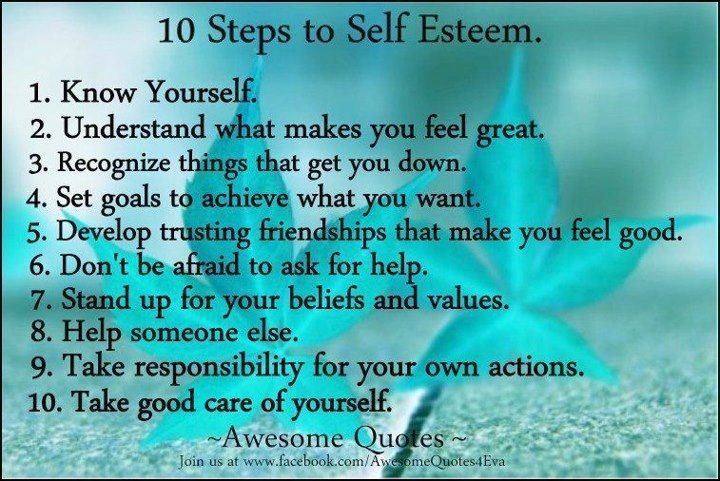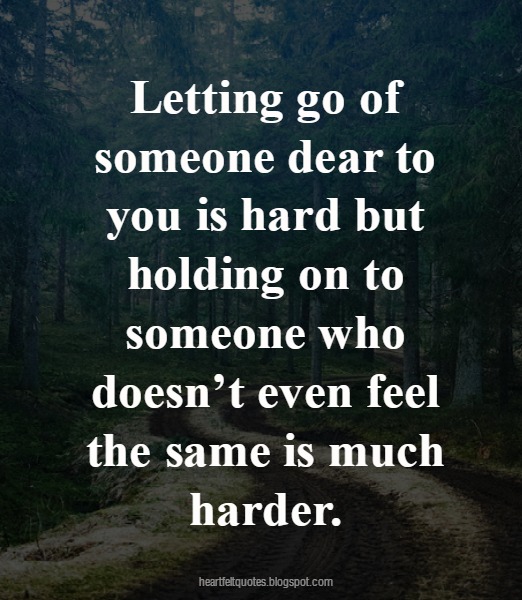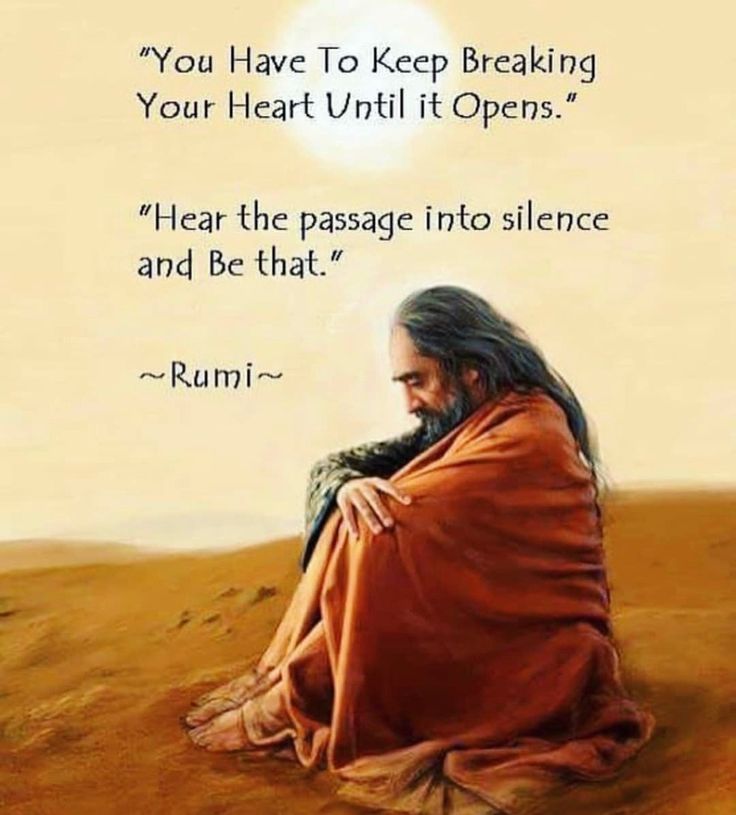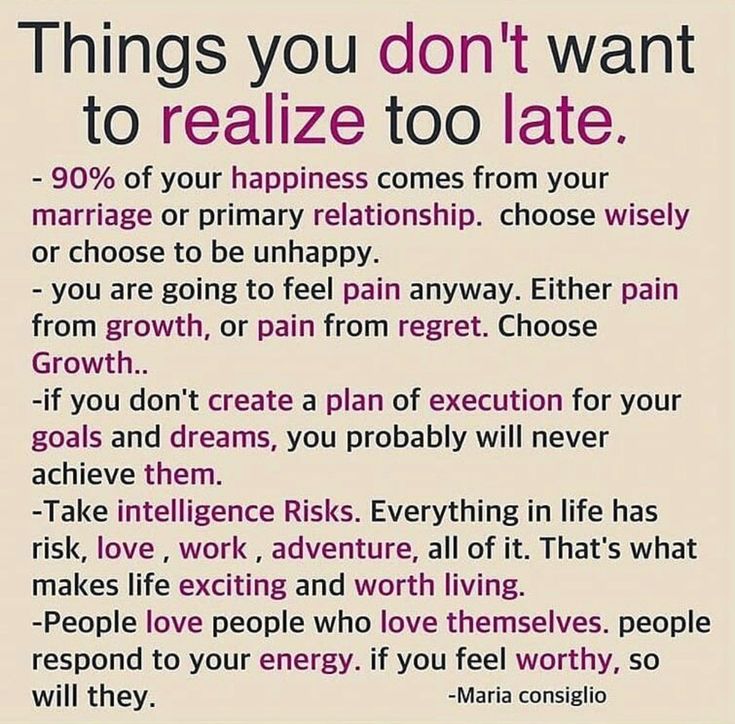How to understand yourself better
5 Real Ways to Understand Yourself Better (and Be Self-Aware)
Get Our FREE Mental Self-Care Cheat Sheet
Get Our FREE Mental Self-Care Cheat Sheet
10 evidence-based tips to improve your mental health instantaneously when you need to take care of yourself!
You are here: Home » How To Be Happy » Internal Happiness
By Ali
Published on
A lot of people lack the self-awareness to answer the following questions: Who are you when no one else is around? Where do you feel most comfortable and what situation makes your skin crawl? Do you know why this is the case? Do you understand yourself and why you are the way you are?
Sometimes we don’t need a profound reason why we are the way we are. But a deep understanding of ourselves is crucial for our happiness. When we understand ourselves we can avoid stress as much as possible. When we understand our triggers we can erect boundaries.
When we have self-knowing we can choose joy and surround ourselves with nourishing connections.
Understanding ourselves is key to our happiness. It's time to stop following the crowd and going along with the masses. Read on to discover how you can gain a deeper understanding of yourself.
Contents
- Do you really know yourself?
- The benefits of understanding yourself
- 5 ways to understand yourself better
- 1. Identify your morals and values
- 2. Develop your self-awareness
- 3. Listen to your gut
- 4. Engage in therapy
- 5. Find acceptance
- Wrapping up
Do you really know yourself?
Have a thought about the following questions.
- What are your strengths and weaknesses?
- Describe your perfect day?
- Who are your 6 fantasy dinner date guests?
- What makes you laugh?
- What are you scared of?
If you can answer these questions with ease, then chances are you have a good idea of who you are.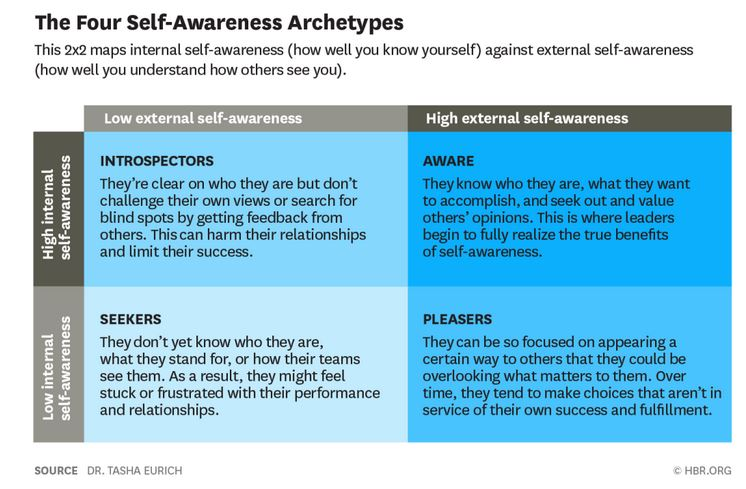 If you are struggling, then maybe you need to be a little more mindful and self-aware as you go about your business.
If you are struggling, then maybe you need to be a little more mindful and self-aware as you go about your business.
It’s difficult, as human beings are social creatures.
From a young age, we seek security and safety in a group. Very often we adopt the characteristics of a group in order to fit in. This may be as simple as our food choices or as impactful as our vaccination habits.
Are the music you are listening to and the clothes you are wearing based on your own choice or is it purely to help you fit in? Is the car you are driving for external approval? Is the book you are reading to help you keep in with friends or are you genuinely enjoying it?
Are your opinions your own, or have you been influenced by others?
Discerning if we are acting authentically or for the benefit of our peers is an important step in understanding ourselves.
The benefits of understanding yourself
When we find a deeper understanding of ourselves we invite a number of benefits into our life. This includes greater self-esteem and levels of pride.
This includes greater self-esteem and levels of pride.
Understanding ourselves also helps us show ourselves more compassion. We are kinder to ourselves and make decisions based on our level of understanding of our likes and dislikes and our interests.
It’s very simple. The greater our understanding of ourselves, the greater our self-confidence.
5 ways to understand yourself better
For the last few years, I have been on a mission to find a stronger connection with myself. My yearning is to find self-acceptance and in order to do this, I need to find a deeper understanding of myself. I want to show myself love and compassion.
I am working tirelessly on reducing my people-pleasing skills. I am placing my time and energy in people and places that my heart lights up for. I am learning to say “no” to people and places that my heart wilts for.
This is not an easy process. But when we have a greater understanding of ourselves, we live a more authentic life.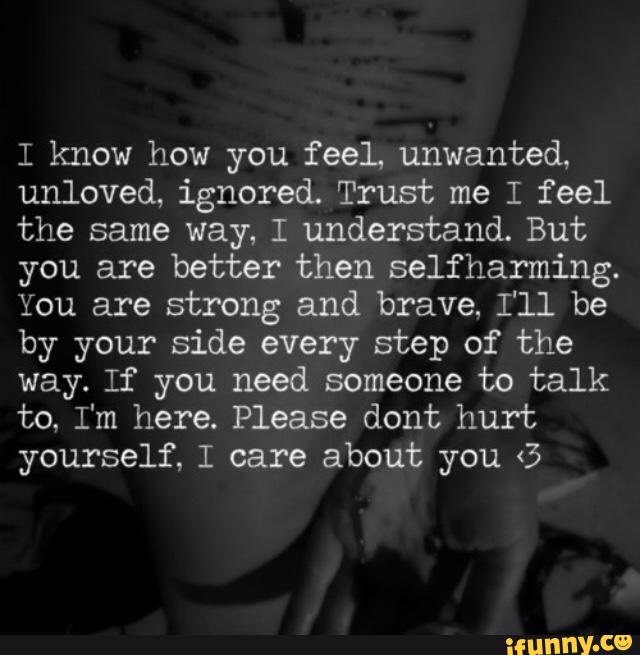 This brings a richer fulfillment in all areas of life.
This brings a richer fulfillment in all areas of life.
Here are 5 ways you can find a deeper understanding of yourself.
1. Identify your morals and values
Identifying our own morals and values is an essential part of understanding ourselves.
Consider your political allegiance. Reflect on your religious standing. What do you think about some of the big issues in the world today? What charities do you support? How do you feel about gun laws, testing on animals, or abortion?
These are big issues and will help you figure out where you stand morally. They may also help you identify your values.
2. Develop your self-awareness
According to this article, we have internal and external self-awareness. An internal self-awareness includes knowledge of our morals and values as stipulated above.
Our external self-awareness is how we recognize we are perceived by others.
Do you know how you come across to others? You may think you are fun and jovial, whereas your nearest and dearest may find you abrasive and rude.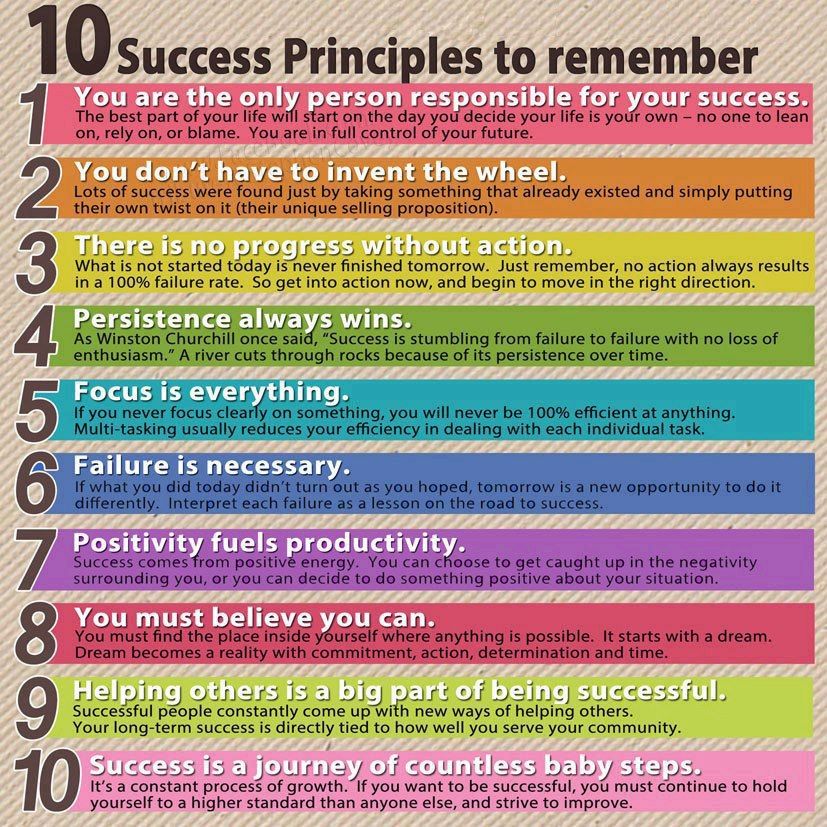
How do people respond to you? How effective is your communication?
Have some honest conversations with friends and family. Do you portray your real self to the outside world?
3. Listen to your gut
When you get a message from someone you are purposefully untangling from, your heart no longer jumps for joy. Rather, there is a little dark cloud or a momentary sense of discomfort. Listen to your gut. If you feel “meh” about someone or something, then don’t indulge in it.
If you feel a sense of dread about going to a party, then don’t go. If you spend half your energy on people and things who don’t bring you joy, you will be exhausted and in turn, become insincere.
Be honest, do you even like who you are when you are with people or in situations that suffocate you? Listen to your gut. It will help direct you to a deeper understanding of yourself.
4. Engage in therapy
We all have blind spots. We may be repeating cycles of harmful behavior.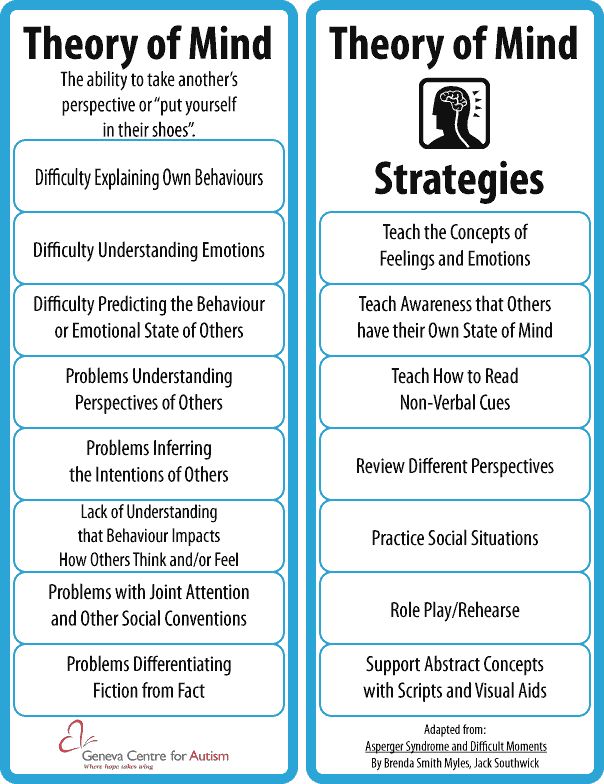 We may have past trauma we haven’t come to terms with yet. Whatever our history, therapy is a sure way to help us understand ourselves.
We may have past trauma we haven’t come to terms with yet. Whatever our history, therapy is a sure way to help us understand ourselves.
Remember, it is important that you feel comfortable with your therapist. If you don’t like them, find a new therapist. Engage with the process and embrace it. If you only give half of yourself to the therapeutic process, you will only receive half of the benefits.
5. Find acceptance
Once you find yourself in a place of self-knowing, accept it. Recognize yourself for who you are and learn to be happy with who you are.
Don’t force yourself into situations that leave you anxious. Accept your limitations and embrace your strengths. Do more of what you enjoy and what brings you energy and joy.
Even if it turns out you aren’t the person you thought you were, you will find greater peace by living authentically and accepting yourself rather than trying to live a lie.
Get Our FREE Mental Self-Care Cheat Sheet
10 evidence-based tips to improve your mental health instantaneously when you need to take care of yourself!
Wrapping up
It’s not just about understanding ourselves, it’s about acting in accordance with this. Understing yourself is about inviting happiness into your life and avoiding people and circumstances that no longer bring you joy.
Understing yourself is about inviting happiness into your life and avoiding people and circumstances that no longer bring you joy.
Do you have a good understanding of yourself and who you are? I'd love to hear from you in the comments below!
Ali Hall
Writer
Kindness is my superpower. Dogs and nature are my oxygen. Psychology with Sports science graduate. Scottish born and bred. I’ve worked and traveled all over the world. Find me running long distances on the hills and trails.
14 Ways To Understand Yourself Better
Just when you think you have a pretty good handle on what makes you tick, you catch yourself doing something freakishly out of character?
Or is it? Maybe you don’t know yourself as well as you thought?
Maybe the weirder part of you is still a mystery to the part of you that runs the show.
In any case, your inner weirdo keeps showing up.
And you don’t know whether to make peace with it or show it who’s boss.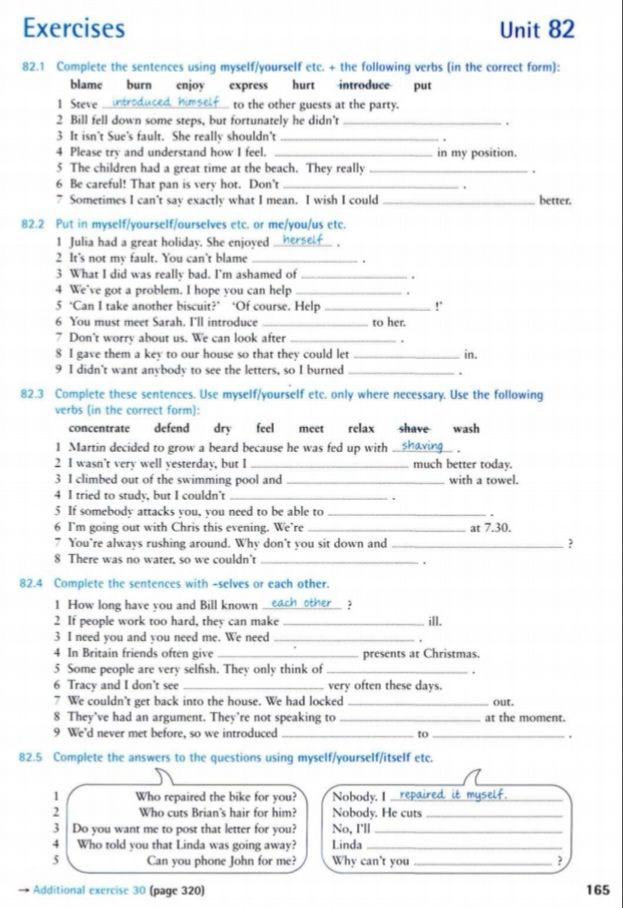
(And what if the weirdo is actually the boss of you?)
So, what can you do to understand yourself better? Here are some thoughts.
What’s in this post:
[hide]
1. Start a daily journaling habit.
Why not title your journal, “Learning how to understand myself”?
Because that’s what you’ll be doing every time you sit down to write in it.
Whether you spend five minutes, half an hour, or longer writing your daily journal entry, you’ll be providing a playground for all the messy-connected thoughts and ideas in your head.
And in giving those thoughts a place to play, you become more aware of them. In writing them down, you tell your brain to pay attention, and it does.
It takes those thoughts more seriously. And you find yourself admitting things you only half-consciously entertained up until then.
Keep this one private to make it a safe space to vent. Everyone needs that.
2. Start a daily meditation habit.
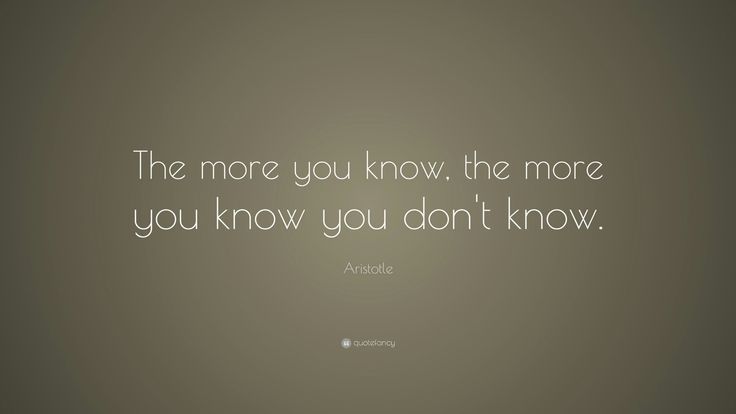
Spending at least ten minutes a day — five at the start and five at the close — in quiet meditation helps to both ground you and make you more receptive to your inner voice.
Meditation takes you outside the mundane and ego-centric sphere of your daily routines and habits of thinking.
It strengthens your connection to your heart — and thereby to your soul and to those connected with it.
Allow this practice to deepen your connection to your hidden self, and you’ll wonder how you ever went a day without it.
3. Spice up that bucket list.
If you have a bucket list, ask yourself what you could add to it that scares you — at least a little.
Do something that makes you feel way out of your element.
Do a public speaking gig. Or try karaoke — or stand-up comedy.
Put yourself out there and do something terrifying, even if someone is threatening to record the whole thing.
Especially if someone is threatening to record the whole thing!
4.
Maybe you’ve always been wondering why your mom liked knitting (or crocheting) so much.
Or maybe you’ve always wanted to learn how to code, so you can design and create your own mobile apps.
Whatever creative project makes you feel more awake than you did five seconds ago, why not set aside some time each week and get acquainted with it?
Think of what you’ll want to make for your first big project, and start by learning what you need to learn to get closer to that.
Then go forth and create something you’ll be proud of.
5. Embrace a new challenge.
This is related to the bucket list thing but more spontaneous.
Someone invites you to give a speech, and rather than bolt out the back door, you clear your throat and walk up to the podium — terrified but also determined to embrace the challenge.
Or your boss has asked someone to step up and handle a project that will probably stretch you in every possible direction. And the only thing holding you back is your fear of failure.
And the only thing holding you back is your fear of failure.
It’s safer to stay in the comfort zone. But no one grows in there.
6. Have more meaningful conversations.
Make time for more frequent and meaningful conversations with the people in your life.
Pay attention to their body language and signs of emotional or mental distress and offer yourself as a sounding board.
And listen to understand — not to win an argument or to present yourself as the fixer of all problems.
Use this as an opportunity to understand the other person better.
You’ll likely come away with a deeper knowledge of yourself, too.
7. Take a personality test (like the MBTI).
If you’ve never taken the Myers-Briggs Type Indicator (MBTI), give it try.
It doesn’t take long, and it can reveal things about you that you might’ve noticed but haven’t really thought about.
Maybe you want some clues about what type of work would make you feel most alive and most fully yourself.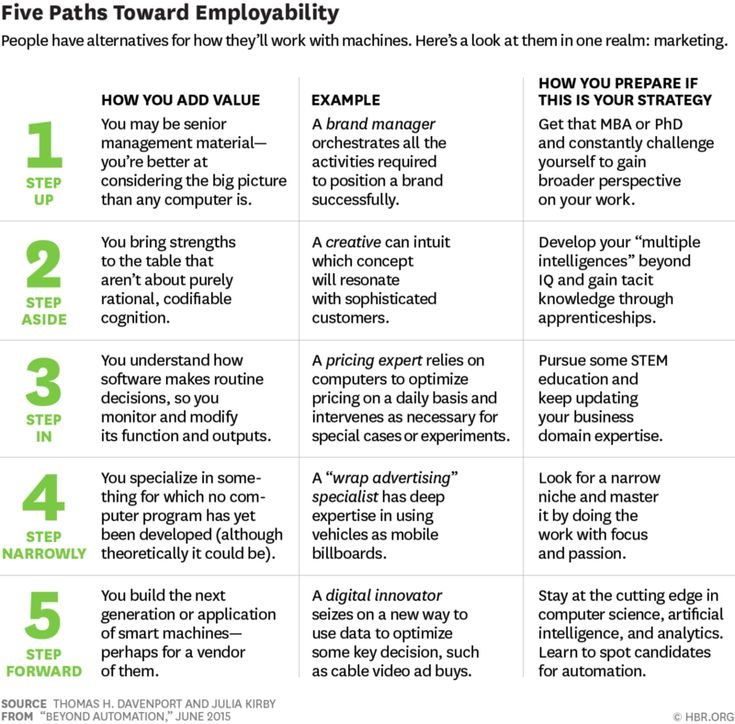
Those clues are just one of the perks of getting to know your personality traits.
You don’t have to agree with every detail in your type description, either. Let your gut guide you on this one.
8. Play conversation games.
The next time you meet up with friends or have a date with your significant other, try a conversation game.
They usually involve questions that you have to answer honestly and without second-guessing yourself.
You might be surprised by what comes out of your mouth.
And if it starts a lively conversation, use it as an opportunity to learn more about yourself and the other participant/s.
Again, the purpose is to grow in understanding — not to win at someone else’s expense.
9. Talk to a pro.
Sometimes, it helps to talk to someone whose job it is to understand you so they can help you make better choices.
Whether this person is a counselor, a mentor, a coach, or a spiritual director, make time to connect with them on a regular basis.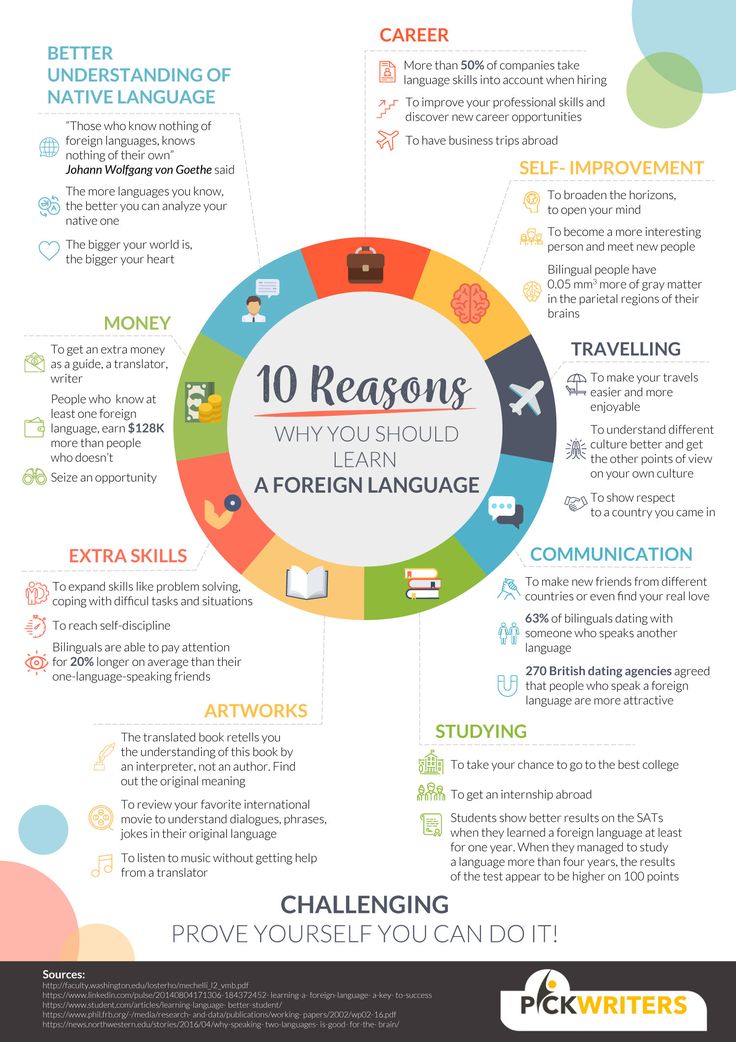
If this person says something to you about yourself that you don’t like or that you disagree with, keep calm, and look for signs in your life that contradict their assessment.
Offer those signs to help them understand what you’re thinking and to gain a fuller understanding of what they’ve noticed.
Real pros don’t assume they’ve got you “all figured out”; they keep digging. And their insights help you do the same.
10. Answer other people’s questions.
Sometimes, helping other people with their questions helps you understand your own beliefs more clearly. Quora is a great place to do this.
Some will disagree with you, too.
Whatever they write, keep your responses civil and remember that their reactions have more to do with their own experiences and attitudes than with you.
Write each answer as a personal and heartfelt message to the person who posted the question.
Be honest, keep it clear and focused (i.e., tangent-free), and be as helpful as possible.
11. Allow yourself to be vulnerable.
At the risk of becoming someone else’s cautionary tale, don’t be afraid to show people more of who you are.
Not everyone will like you, and sooner or later, you’ll have to accept that.
But while some folks might judge you for what you reveal, some will feel less alone in the world because of it.
More Related Articles
105 About Me Questions For An About Me Tag Game
10 Indisputable Ways To Stop Hating Yourself Today
51 Fun Facts About Yourself That Everyone Wants To Hear
And if those who judge you seem the loudest, think of why they might be reacting so strongly. It’s not really about you.
In any case, it’ll help you get over the fear of making a fool of yourself.
Learn to celebrate every colossal embarrassment (as long as no one gets hurt).
12. Write a mission statement.
Start with a list of your core values (check out this post to help with that).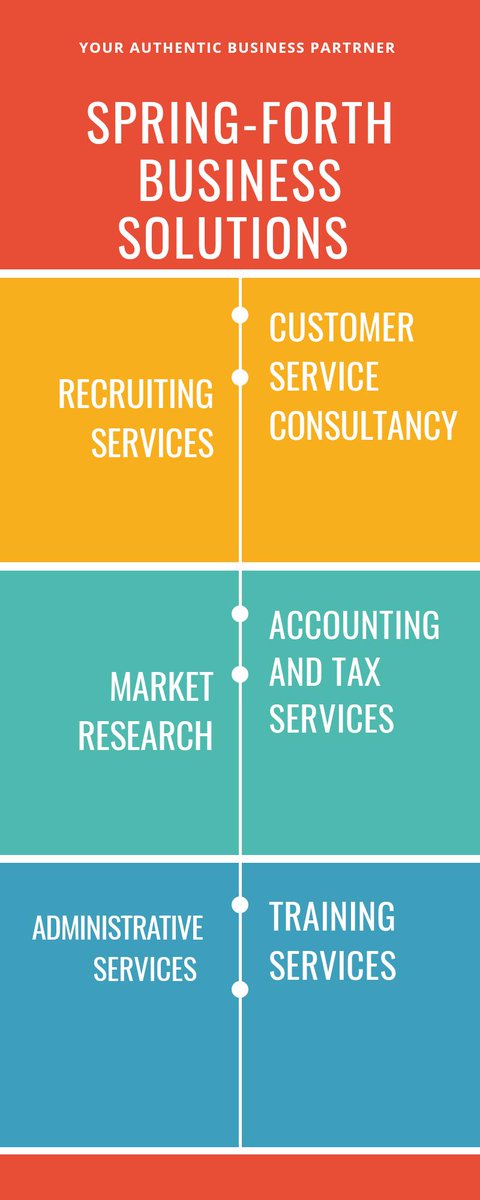
Then write the answer to the question, “What is the most important thing I want to accomplish with my life?”
Or write your own obituary, pretending to be a loved one remembering you as you were.
Imagine what you’d want people you care about to remember from their time with you.
Ask yourself what gets you up in the morning and what keeps you up at night.
And take the time to answer those questions honestly.
13. Create a vision board (real or virtual).
Creating a vision board is a fun project whether you’re using poster board or creating your own slideshow or YouTube video.
If it’s an online vision board app, you can even share it with those who will appreciate it, and encourage them to make their own and share it with you.
Whatever your medium, it’s vitally important that you take time to visualize the life story you’re creating.
And in order for the visualization to be effective, you need to involve your emotions.
Imagine yourself living that life, going through the perfect day from start to finish.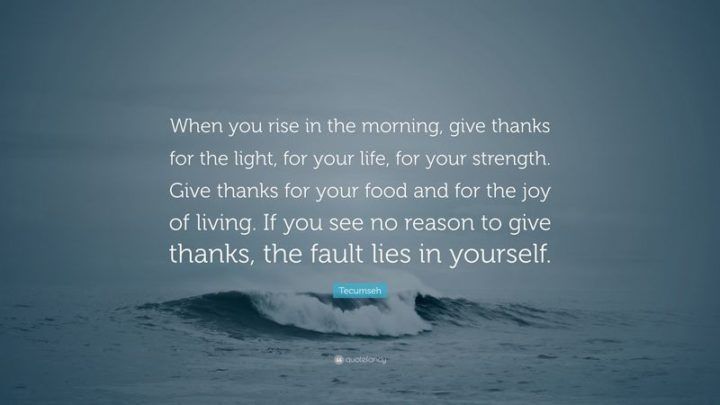
And ask yourself, throughout the experience, what you’re feeling. Be honest and modify your vision as necessary.
This one definitely is about you.
14. Experiment with new spiritual tools.
If you’ve ever felt even the gentlest tug toward a particular spiritual practice, be honest with yourself and take the time to learn more about it.
You don’t have to jump in with both feet – especially if you grew up with taboos that have held you back – but you owe it to yourself to learn more.
In any case, the more you know about the practice, the more you’ll understand your own inner leanings.
And the better informed you’ll be when you decide to either dive in or walk away.
So, whether you’re considering rune stones, numerology, tarot cards, or something else, give it a fair trial and listen to your heart as you learn more about it.
Do you want to understand yourself better?
Which of these tips excite you the most?
What will you do today to begin understanding yourself better than you do now?
And what people come to mind as those who can best help you with this?
However you start, don’t let a day pass without doing something to grow your self-knowledge.
And do what you can to grow in understanding of your loved ones and of other people in your life.
Because we’re connected, any growth in your understanding of one person carries over into your relationships with everyone, including yourself.
May your understanding and your thoughtfulness influence everything you do today.
20 questions to help you better understand yourself
October 8, 2020Life
Self-awareness is the key to achieving personal success. However, learning to understand yourself is not so easy.
Share
0You can listen to the article. If it's more convenient for you, turn on the podcast.
There are three things that are extremely difficult to do: break the steel, crush the diamond, and know yourself.
Benjamin Franklin
politician, scientist and inventor
Ask yourself these 20 questions
Unfortunately, there is no single path to self-awareness. Every person is unique. And the only one who can help you know yourself is yourself.
Every person is unique. And the only one who can help you know yourself is yourself.
Some say that for this you just need to live, and wisdom will come by itself. What if it takes 60 years? You can wait, but then you will have an unconscious life behind you.
To speed up this process, first answer the following questions honestly. You can do this in any order. Don't think too long about the answer. The correct one will be the one that first appears in thoughts.
- What can I do well?
- What am I good at?
- What am I doing wrong?
- Why do I get tired?
- What is the most important thing in life for me?
- Who are the most important people in my life?
- How many hours of sleep do I need per day?
- What makes me nervous?
- What calms me down?
- What is success in my understanding of this word?
- What type of worker am I?
- How do I want to look in the eyes of others?
- What makes me sad?
- What makes me happy?
- What makes me angry?
- What kind of person do I want to be?
- What kind of friend do I want to be?
- What do I think of myself?
- What do I value in life?
- What am I afraid of?
Please note that everyone interprets these questions differently.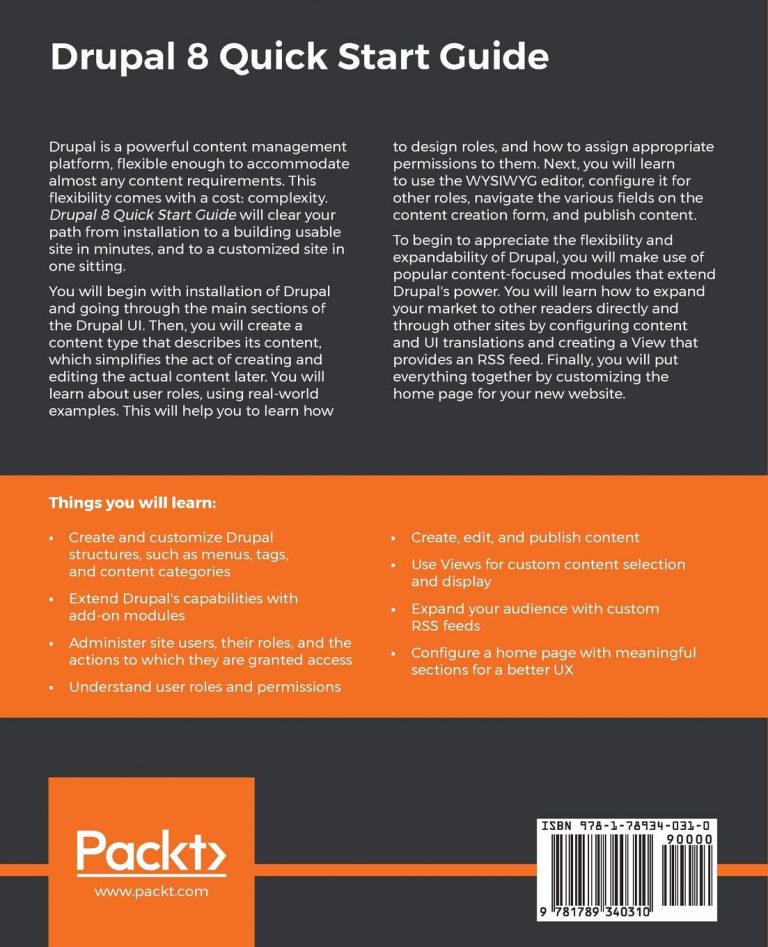 This means that there are no right or wrong answers.
This means that there are no right or wrong answers.
Review your answers
Answering these questions honestly will help you rethink and improve your life. The process itself is important here. By clearly answering questions, you develop your thinking.
Aristotle used the word "logos" - concepts that contain unbiased logical arguments of the speaker.
Learn to express your feelings and emotions in words. Your answers must be sincere so that you understand your strengths and weaknesses. Do not try to hide something from yourself or put yourself in a favorable light.
Notice what qualities you would like to change that are holding you back in life. Do what you know how to do and what makes you happy. Avoid what you do badly and what makes you unhappy.
Just don't go too far. Remember that in life there are wonderful moments and difficult situations. If you have difficulties in your personal life, do not immediately break off the relationship. Simply recognize the cause of these difficulties, such as selfishness, lies, or misunderstandings, and try to eliminate them.
Simply recognize the cause of these difficulties, such as selfishness, lies, or misunderstandings, and try to eliminate them.
Additional tips
- Study the writings of philosophers.
- Be neutral in conversations. Don't try to be always right. Look at the problem from different perspectives.
- Write down your thoughts. Always ask yourself why something happened.
- Speak up. Communication is very important. Talk to family, friends, colleagues. By expressing your feelings, you will learn about yourself, especially if you are asked questions that make you think.
This method can be the beginning of your path to self-awareness.
Read also 🧐
- 7 questions to ask yourself as often as possible
- 10 psychological tests to help you know yourself better
- 5 questions for those who are dissatisfied with their lives
Three ways to know yourself better
One of the main obstacles to self-knowledge is constant employment.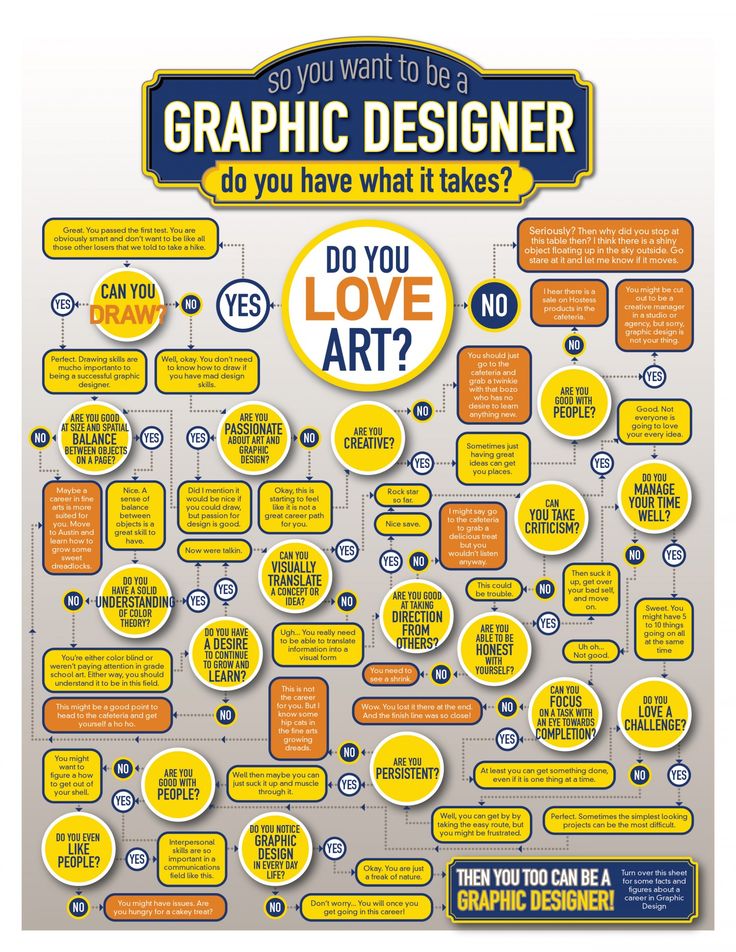 We run, something distracts us, we try to do several things at the same time. It is difficult to tune in to self-knowledge. And you need to tune in a quiet environment, listening to thoughts and emotions, the body that speaks the language of physical sensations.
We run, something distracts us, we try to do several things at the same time. It is difficult to tune in to self-knowledge. And you need to tune in a quiet environment, listening to thoughts and emotions, the body that speaks the language of physical sensations.
We drown out our sensitivity. Most lose touch with themselves. Being distracted by correspondence on your smartphone at lunch, you stop feeling the taste of food. As a result, you miss signals that let you know how you feel and help you figure out why.
Why is it important to understand yourself?
When we know ourselves well, it is easier for us to succeed. This is logical - if we set goals that match our skills, interests and values, we are much more likely to achieve them.
Understanding ourselves, we become kinder to ourselves - if you understand why you acted one way or another, then you see that you did everything you could do in this situation, and it is easier for you to forgive yourself for mistakes.
Knowing how you feel makes it easier for you to meet your emotional needs. You better understand what you need from others.
To truly live, you need to accept yourself as you are. Understand what is important to you and muster up the courage to be yourself, not what others want you to be. Here are some tips.
Listen to yourself
How do your thoughts make you feel? Without judging or judging, pay attention to what emotions they evoke. This process will help you realize a lot - what affects your mood, how you feel about yourself and others.
If your own thoughts make you angry or helpless, a psychotherapist can help you figure out what is hidden in the depths of your psyche.
Ask yourself the right questions
We often ask questions like “What are you doing? What do you need?". Instead, ask, “What is important to you? What are you worried about? This will help you better understand your interests and the meaning of your life.
If we are not interested in what we do, life turns into a burdensome duty, loses its meaning.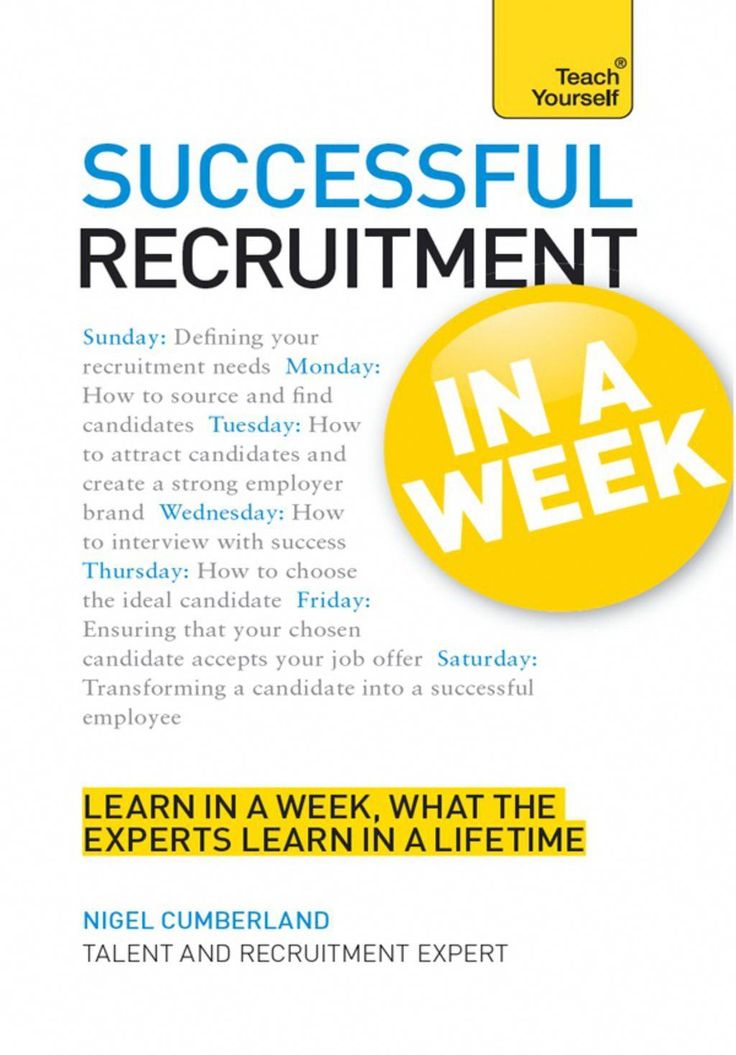 On the contrary, if we do what is important, then we feel a surge of energy and gain meaning. Make a list of what is important to you and consider how these values are present in everyday life.
On the contrary, if we do what is important, then we feel a surge of energy and gain meaning. Make a list of what is important to you and consider how these values are present in everyday life.
Pay attention to what bothers you in the behavior of others
We can learn a lot by paying attention to what we don't like about others. Carl Jung suggested using the term Shadow - those parts of our personality that we do not want to know about. He pointed out that we often see things in others that we don't want to see in ourselves. If we start to understand why some people annoy us so much, we can get in touch with these hidden parts of our personality - namely, they help us grow and develop.
As an illustration, psychologist Lisa Marciano gives a real-life example: “My former colleague was a very attractive woman and understood this very well. She loved to flirt and be the center of attention. It annoyed me. When I noticed this, I wondered why these qualities aroused such strong emotions in me.